
(32*) Dnes je neděle – co dnes dělám?
Podcast: Play in new window | Download (1.5MB)
SUBSCRIBE to slowczech RSS
Dobrý den! Dnes je neděle. Máme pěkné počasí. Trochu fouká vítr, ale také svítí slunce. V březnu je teplota ještě nízká – kolem 10 až 15°C.
Mám moc ráda neděle. Co ty děláš v neděli? My rádi vstáváme kolem 9. až 10. hodiny. Pomalu snídáme (pokud je hezky, snídáme na balkóně) a potom celý den odpočíváme. Buď aktivně nebo pasivně. V zimě si často čteme, hrajeme si s naším kocourem, kvečeru si dáme sklenku vína a koukáme na film. V létě se jedeme projet na kole nebo se jdeme projít.
Neděle je od slova „nedělat“, tedy jak říkáme v Česku: v neděli se nic nedělá!
Let’s try to translate this text word-for-word. The (+ word) means that in Czech we add something that is now used in English. Well,… let me know whether it helps! 🙂
Hello! Today is Sunday. We have nice weather. A little bit blows the wind, but also shines the sun. In March is temperature still low – around 10 to 15 degrees.
I a lot like Sundays. What you do on Sundays? We like getting up around 9 to 10 o’clock. Slowly we have breakfast (if (the weather) is pretty, we have breakfast on balcony) and after the whole day we relax. Either activelly or pasivelly. In winter (+to ourselves) often we read, we play with our (+male) cat, towards evening (+to ourselves) we have a (+little) glass of wine and watch (+on) a movie. In summer (+ with ourselves) we take a ride on bike or (+with ourselves) take a walk.
Sunday is from word “do nothing”, ergo how we say in Czechia: on Sunday is nothing being done!
Vaše Eliška
© SlowCZECH

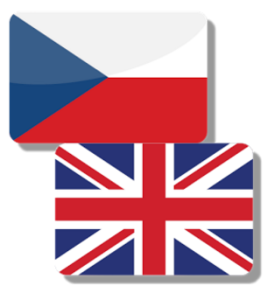

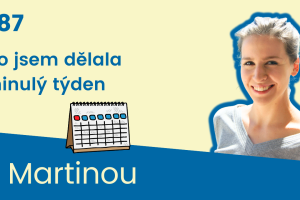
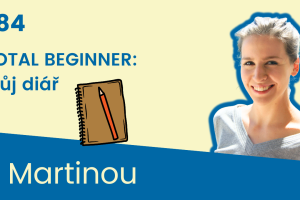



















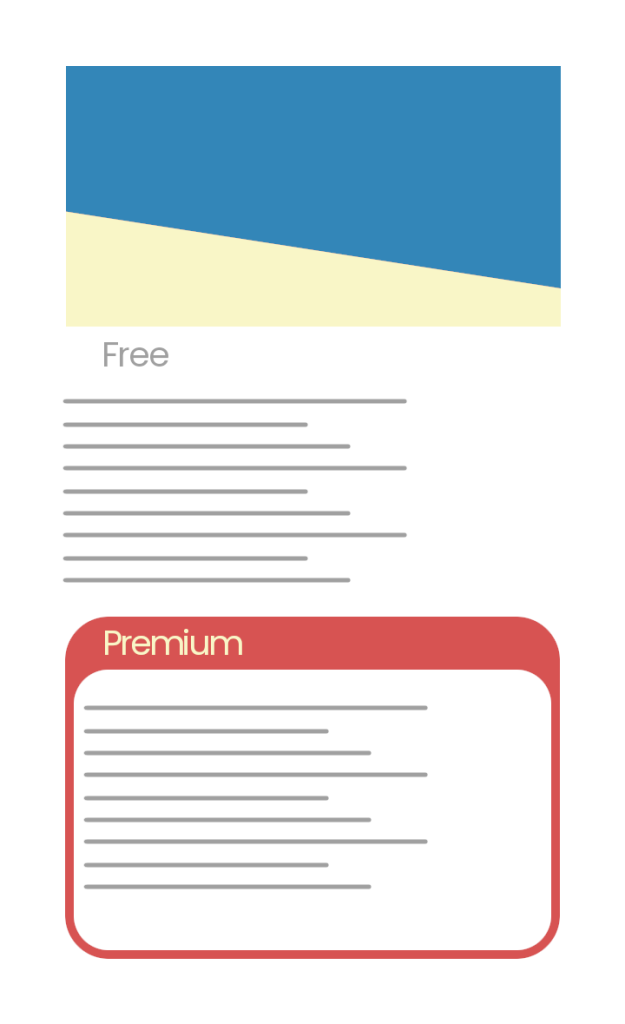
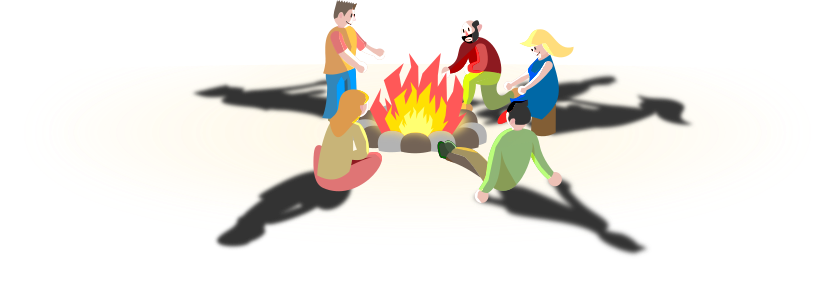
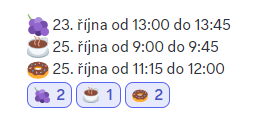
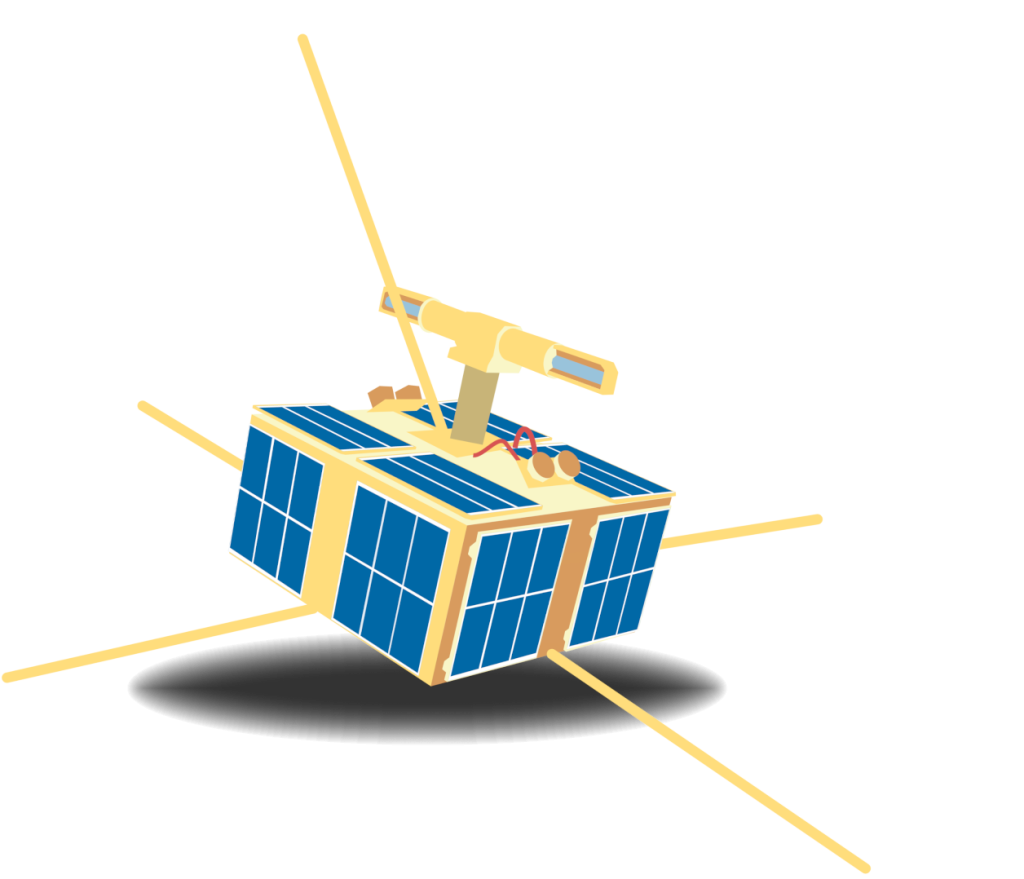

4 Comments
The way that you have done this translation is so helpful to me because it explains why each form is the way that it is, and, therefore, enables me to see how I could and could not use it. Thank you very much.
Ahoj David,
to je zajímavé! Jsi první, kdo mi říká, že mu tento styl pomáhá.
Proto jsem s tím ani nepokračovala 🙂
Myslím, that its a nice method that might work for some people. But personally, I would not recommend translating word by word too much, but mostly getting used to the word order and the logic by hearing and saying and reading it. Without thinking about it through another language which might slow you down 🙂
Krásný večer,
Eliška
I just now found this lesson from 2016.
I prefer it without the English translation,like you’re doing now (2020) as it helps to read and understand directly in Czech without going through a translation process. A slovník of new words and expressions at the beginning of an episode is helpful. Also I read the episode before listening and translate anything I don’t understand so that when I listen, I do understand.
Thank you for all the work you put into these lessons!
Linda,
thank you very much for your comment.
I agree with you, that we should not use other language to learn our target language. But I know, that many people appreciate a direct translation.
But I will not do it a lot, and today in 2020 it is easier not to add any English. Of course 🙂
So thank you so much for your comment.
It brings me a relieve , hehe.
Krásný den,
Eliška